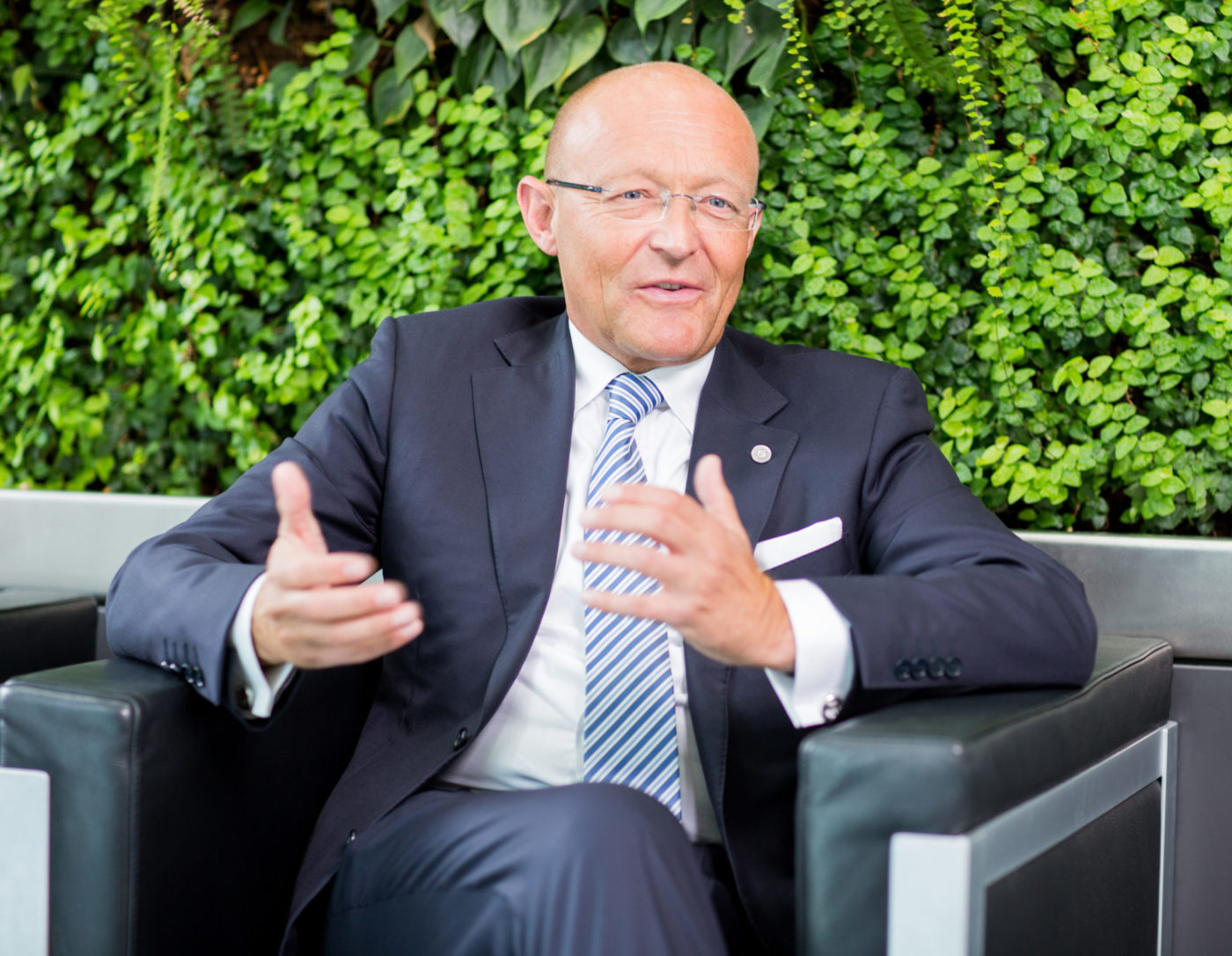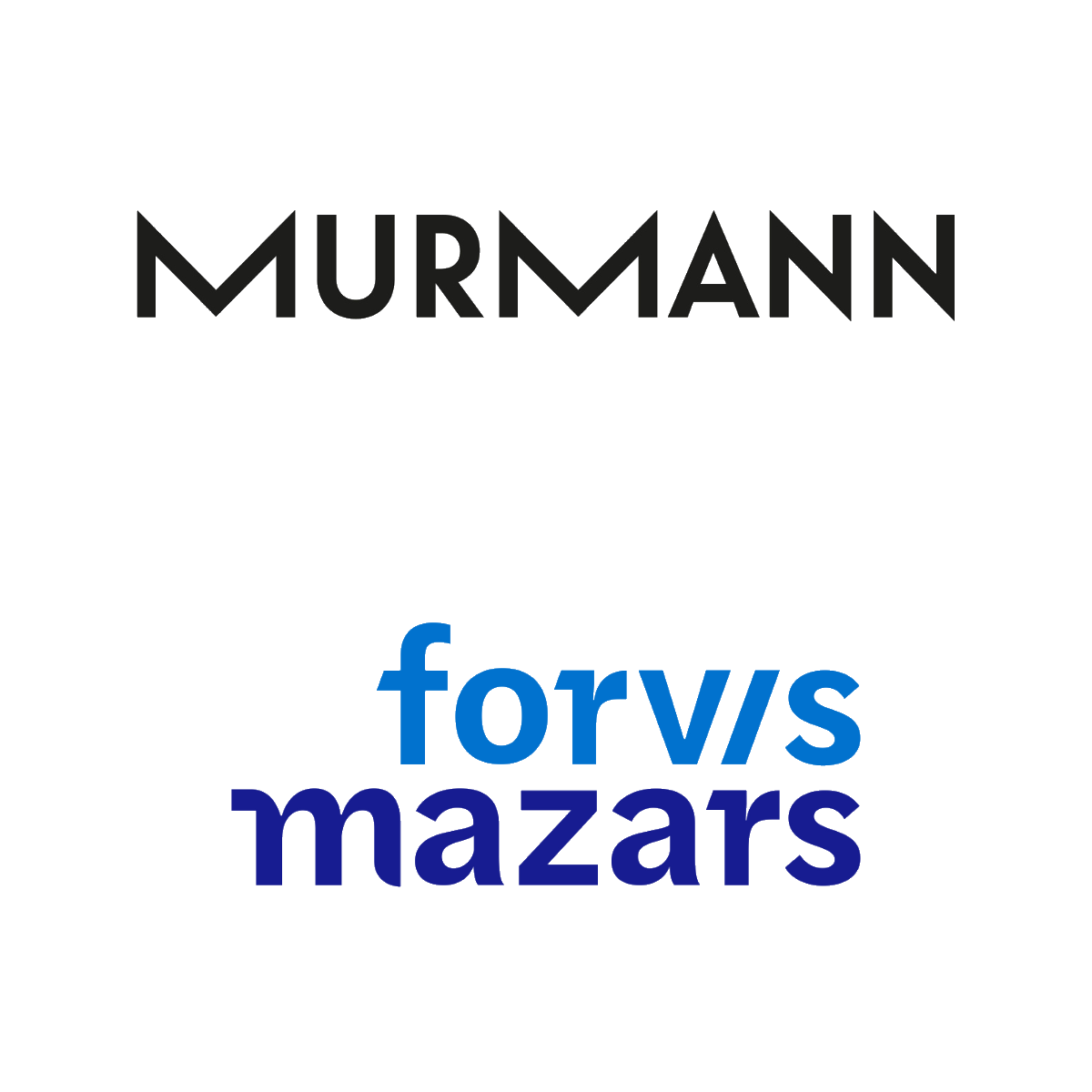Shaping the future
through stakeholder
engagement
The world is becoming an increasingly complex place, and in our consulting, we strive to make it less so by drawing on the knowledge and experience of experts to give you a clearer overview. In doing so, we provide new avenues of opportunity for leaders, decision-makers, and entrepreneurs. Tailored and singularly unique with a clear focus on the essentials – this is our core competence.

The company Bionorica on its cooperation with Pool:
„As a family-owned business that produces natural medicines, our special focus on sustainable thinking and action has spanned generations. The stakeholder experts workshop provided us with new strategic insights. Since this event, we have also made significant progress in the area of climate protection.“
Prof Dr Michael A. Popp, CEO of Bionorica SE

About POOL
Today’s world, along with our economic activities, poses new challenges for decision-makers: climate change, the availability of natural resources, political stability, democratic values, international trade, supply chain reliability, digital transformation, cooperative coexistence and collaboration, and social cohesion. How these issues evolve will define the freedom of action available to companies moving forward.
As an institute, we bring together business decision-makers with a global network of experts who have different perspectives on the key issues facing us in the future and can assess these developments professionally. We draw on a pool of renowned professionals: knowledgeable scientists who enlighten us on what the future may hold, creative minds at innovation labs, journalists who shed light on that which was hidden, as well as experienced experts from the business community who reveal the best ways to overcome obstacles.
Our goal is to foster a dialogue between the companies and our experts – whether in handling an individual case or as a long-term stakeholder engagement process. In doing so, we are creating a new form of trend analysis in uncertain times. In this joint venture between Forvis Mazars in Germany and Murmann Publishers, we are building a bridge to innovation and transformation consulting as well as to the implementation of new regulatory requirements such as the Corporate Sustainability Reporting Directive (CSRD).
In addition, through our complementary cooperation with futur.io, we are again further expanding our offering to stakeholders in the fields of innovation and digitalisation. In our jointly organised workshops, we show decision-makers how to shape the future with so-called „moonshots“.

A summary of our approach
As a curator, we bring people together. Our experts’ acumen covers all the relevant future-oriented issues such as climate change, the circular economy, biodiversity, globalisation, the silver society, AI, global governance, sustainable mobility, and urbanisation. With their individual perspectives, these thought leaders assist interested decision-makers in focusing on the essentials, reducing complexity, and making the best possible use of the creative opportunities available.
Future Workshop
Are you interested in learning more about important challenges facing you in the future, gaining a better understanding of the medium and long-term impacts on your business model and identifying the best way to achieve the necessary transformation? We prepare an analysis of your company’s business sector and business model and identify the key issues. Our stakeholders, who have industry experience and proven expertise in these fields, will present you with possible scenarios for the future. In two half-day workshops involving several representatives of the management board and supervisory board, a coordinated plan of ideas is developed to act as a catalyst for momentum and provide impetus: effects on the business model’s further development and corresponding discussions regarding possible holistic approaches to transformation. Preparing, providing guidance on, and conducting the workshops involves intensive discussions between Pool and your company. Whether it’s brainstorming, out-of-the-box thinking, creativity, or disruptive approaches – it is important to us that every idea is valued.
Stakeholder Experts Day
Is there a key challenge to your business model in the future that you would like to learn more about? Would you like to discuss the risks and opportunities these challenges present in a trustful environment with selected stakeholders? We will prepare an analysis of your current situation and competition as it relates to this topic and recommend three experienced specialists from our pool of experts. In a one-day workshop involving several representatives of the management board and the supervisory board, we prepare a coordinated plan of ideas to provide impetus and turn these impulses into fruitful discussions. In an open and moderated discussion, we identify risks, opportunities, and implementation options for your company. These are documented for you in a detailed report, which can also serve as a first plan of action.
Stakeholder Advisory Board
Do you want to institutionalise a permanent dialogue with stakeholders to discuss, and share information on, the risks and opportunities of issues relevant to the future? We help you to set up a stakeholder advisory board and integrate this into your corporate governance. As a barometer of social discourse and future trends that could impact your business model, this committee not only has an advisory function but also aids in regulatory compliance. We help you create the panel and find the most suitable members, develop the rules, establish how it will function, and assist with the moderation and documentation.
Our Pool of Experts
We have a constantly expanding pool of carefully chosen experts, renowned in their fields, to serve as your sparring partners:
The Team
POOL is a joint venture between Forvis Mazars in Germany and Murmann Publishers GmbH:
